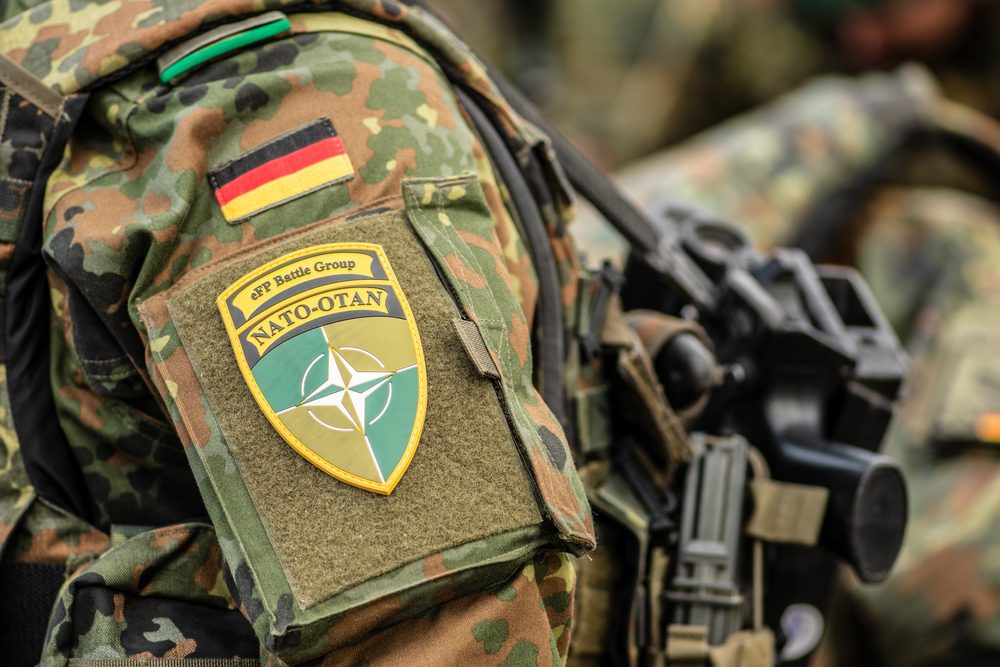
Germany will deploy up to 240 troops to transnational military exercises in Australia as Berlin increasingly refocuses its foreign policy to the Indo-Pacific and rising Chinese power in the region.
The German troops will partake in the biennial Talisman Sabre exercise involving over 30,000 soldiers from 12 different nations designed to simulate landing operations and jungle warfare and which runs from July 22nd until August 4th in Western Australia.
Despite lingering questions about fighting capability and poor equipment, Germany has put aside previous post-war reservations about deploying troops abroad as the German government announced plans to station 4,000 troops in Lithuania permanently, to fend off the threat of Russian invasion.
The majority of the 240-strong German contingent will be either paratroopers or marines and will train alongside Japanese, American, British, Australian, and Indonesian troops in exercises seen as de facto preparation against a potential Chinese invasion of Taiwan.
Hosted every two years since 2005 in joint cooperation between the United States and Australia, the Talisman Sabre exercises are implicitly seen as preparatory exercises by Western armies and local powers to guard against potential Chinese expansionism and protect the strategically important South China Sea.
In August last year—as the latest example of an increasingly militarised German foreign policy—13 German warplanes partook in joint multinational exercises in Australia aimed at combating potential Chinese incursion.
In line with most of Europe, Germany has drifted towards a more hawkish position against China. The head of the German Army Alfons Mais said that the country was facing a geopolitical struggle far more complex than the Cold War in an interview with the German press about this week’s announcement.
Deploying German military personnel abroad has been generally taboo due to Germany’s role in WWII. Such prohibition in policy-making circles, however, has increasingly diminished in light of events in Ukraine and pressure by the United States to revamp the heavily neglected German military.
Similar to the economic impact of sanctions against Russia, Germany is caught between a rock and a hard place regarding a potential schism with China as America lobbies Berlin and the rest of Europe to decouple from Beijing. Unlike France, which has dissented from American-led antagonism in China, Germany has yet to formulate a proper response to the risk of a split as German officials continue to play both sides of the Chinese-Taiwan divide.
The German Army is currently undertaking a military build-up. It wishes to add 20,000 soldiers by 2031 and is taking an increasing role in common European defence strategies following criticism of being institutionally under-equipped by NATO members.
The issue of China and future German military deployments to Eastern Europe and beyond are set to feature at this week’s special NATO summit in Vilnius Tuesday where leaders from the military alliance will meet to discuss future policy decisions.
German troops have previously been active in both Mali and Afghanistan, and this week’s temporary deployment is, perhaps, just the latest step in greater German military involvement in Asia as tensions in the South China Sea ratchet up.
